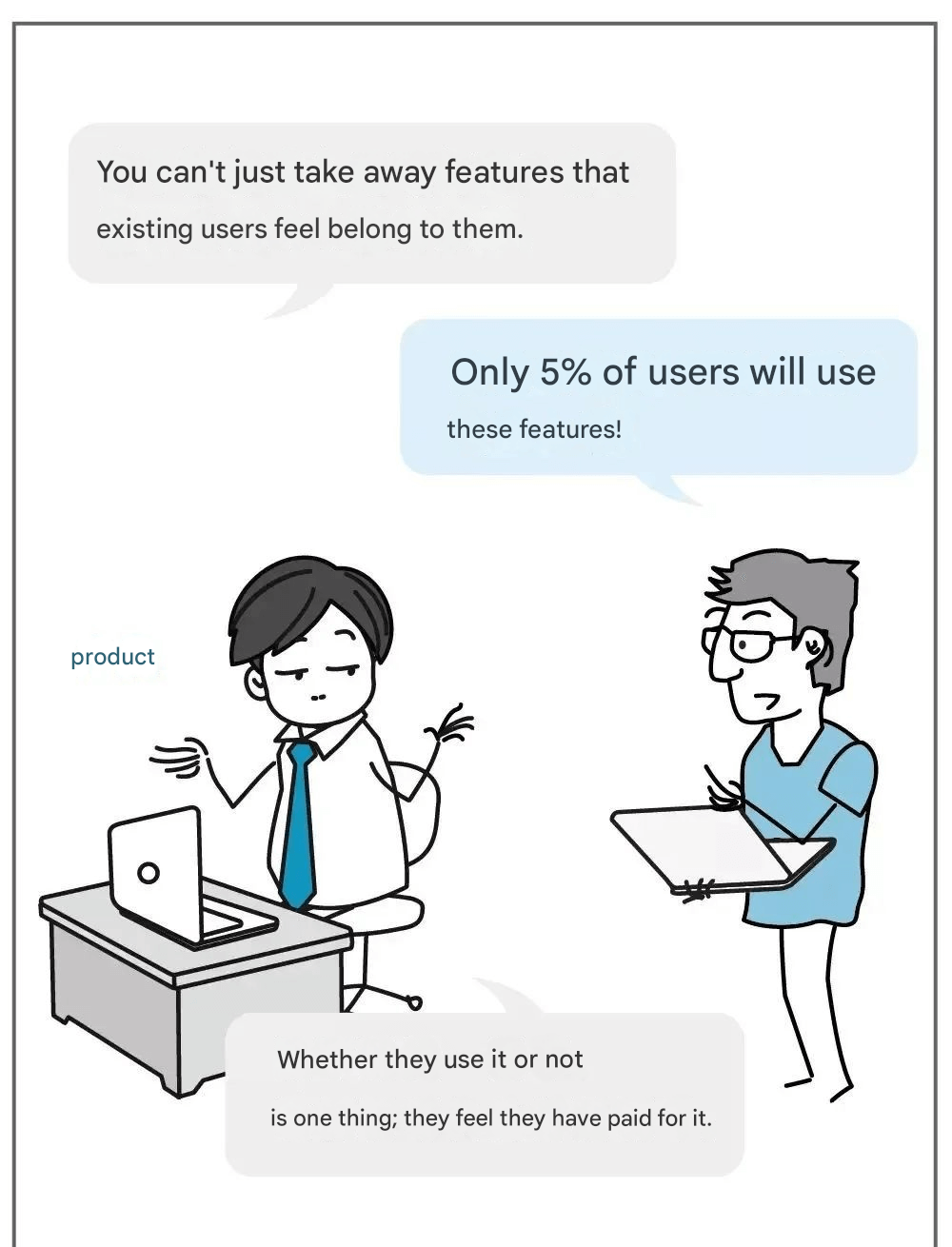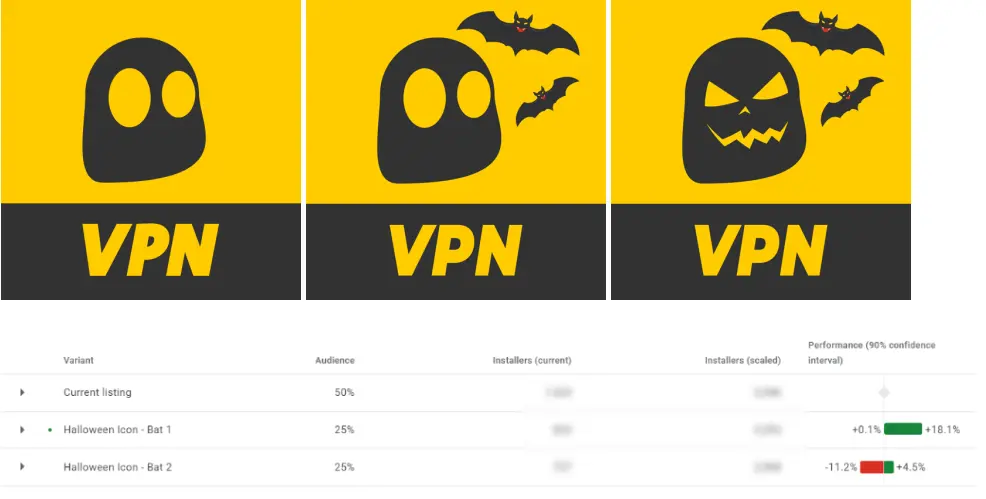For self-taught product managers, without systematic training and a comprehensive knowledge framework, learning often relies on books and online articles. However, the quality of these resources varies, and the scenarios they describe might not apply to your environment, which can lead to many issues. In this article, the author shares some thoughts and experiences about product management growth, hoping to help others.
Facing Challenges with Misinformation
Recently, I encountered a challenge with a product I was managing. Naturally, I turned to the internet for solutions, reading through many articles. Most of them were framework-based methodologies – different products, different companies, different industries. I realized that such methodologies wouldn't help me. But then I thought, what if it were five years ago? I might have regarded these articles as priceless guides.
As a newcomer to product management, having only a basic understanding of the role, you might read a few related articles but have no real concept of the detailed processes, development cycles, and struggles involved.

01 – A Realization from Experience
Three years ago, our team brought on a new product manager – a young woman born in 1998. She was the youngest in the department, full of energy, and well-liked by everyone. After about two months, she confided in me, complaining, "Our product doesn't really involve prototypes or user experience design; everything looks so ugly and outdated." Later, I asked her colleague who was mentoring her, and he vented to me: "She's only worked on 2C products before and knows nothing about 2B." He then shared a story: during one release, her process design had some issues, causing a system error. She had no idea what to do and ended up crying. The engineers nearby were shocked. Fortunately, they fixed the problem, but it showed her weak ability to handle stress.
Another example: I mentored a young man, also born in 1998, who had studied computer science and worked as a product manager at a small company. One of his obvious flaws was jumping straight into prototyping without considering the context or purpose of the requirement. After a few discussions, I realized that he had never systematically studied product management. His only source of knowledge was online articles – scattered pieces of information like case studies, demand analysis, or prototyping techniques. But true product management requires integrating all these elements.
Both of these young product managers quickly "dropped out." They were, in a way, victims of the fragmented knowledge from online articles. While those articles might have been good, what they really needed was a more comprehensive, systematic study of the subject.
02 – Be Wary of Overhyped Content
Some articles are written by individuals with only average abilities, who exaggerate their skills and even make up content.
I vividly remember an incident from a year ago when we were hiring a product manager. One candidate included links to their online articles, which was unique among the applicants. Their writing was decent, and since they could produce content, I figured they must have some good ideas. We interviewed them, but the conversation felt mediocre at best. My objective conclusion was to not recommend hiring them. However, due to their impressive resume and internship at a top company, we decided to bring them on board. Two months later, we had to let them go due to poor performance.
After they joined the team, I paid close attention to their work. It became clear that they lacked professional insight into their field and had no unique experiences. I began to doubt the authenticity of the articles they had written.
Even scholars and experts frequently commit academic fraud, so it's no surprise that ordinary people might fabricate content. When we read articles or books, we must approach them with a critical, skeptical mindset.
03 – Reality vs. Theory
The skills and knowledge we acquire are only applicable when we have sufficient resources to utilize them. But no one teaches you how to obtain those resources.
Articles might outline steps for creating a great product, but they won't teach you how to gain your boss's favor, navigate office politics, secure project funding, or build good relationships with IT. Even if you possess all the product skills in the world, if you land in a bad company, there's nothing you can do. Most companies aren't "good."
Reality can't be fully captured in writing. Authors abstract and refine their experiences, often omitting the problems they encountered to make their conclusions appear more valid. This results in readers seeing only the beginning and end but having a hazy understanding of the process, leading to confusion and struggle when they try to apply what they've read.
Many articles and books suffer from the same issue: their methodologies don't match real-world conditions.
04 – Conclusion: Be Critical, Stay Skeptical
After all this, I'm not saying you shouldn't read online articles. I just hope you approach them with a critical, skeptical, and analytical mindset, so you don't get misled. Everyone's experience is unique, but also worth sharing. As readers, we might not always "learn from others' mistakes," but reading is always beneficial.
Take this article, for example. It may not help most people and might even seem like a lot of useless rambling. However, if it sparks inspiration in even a few individuals, I'll be satisfied. For me, simply recording these thoughts has been meaningful.







